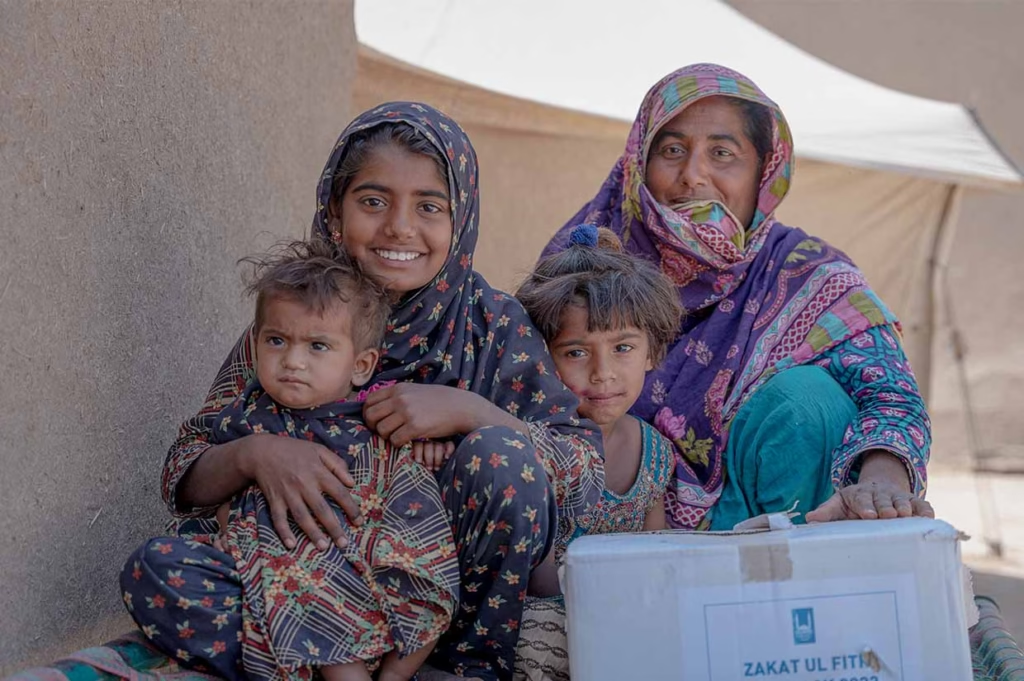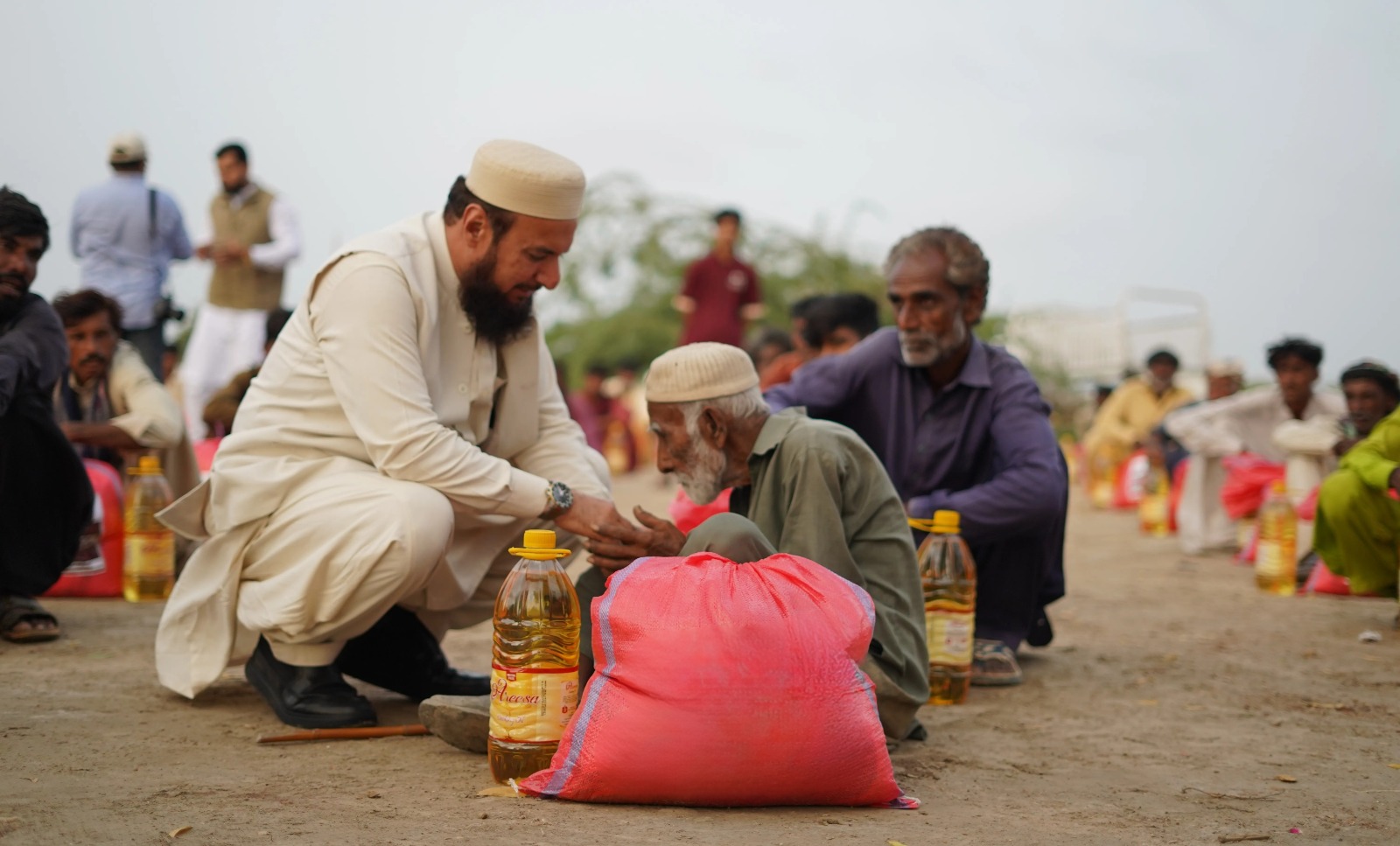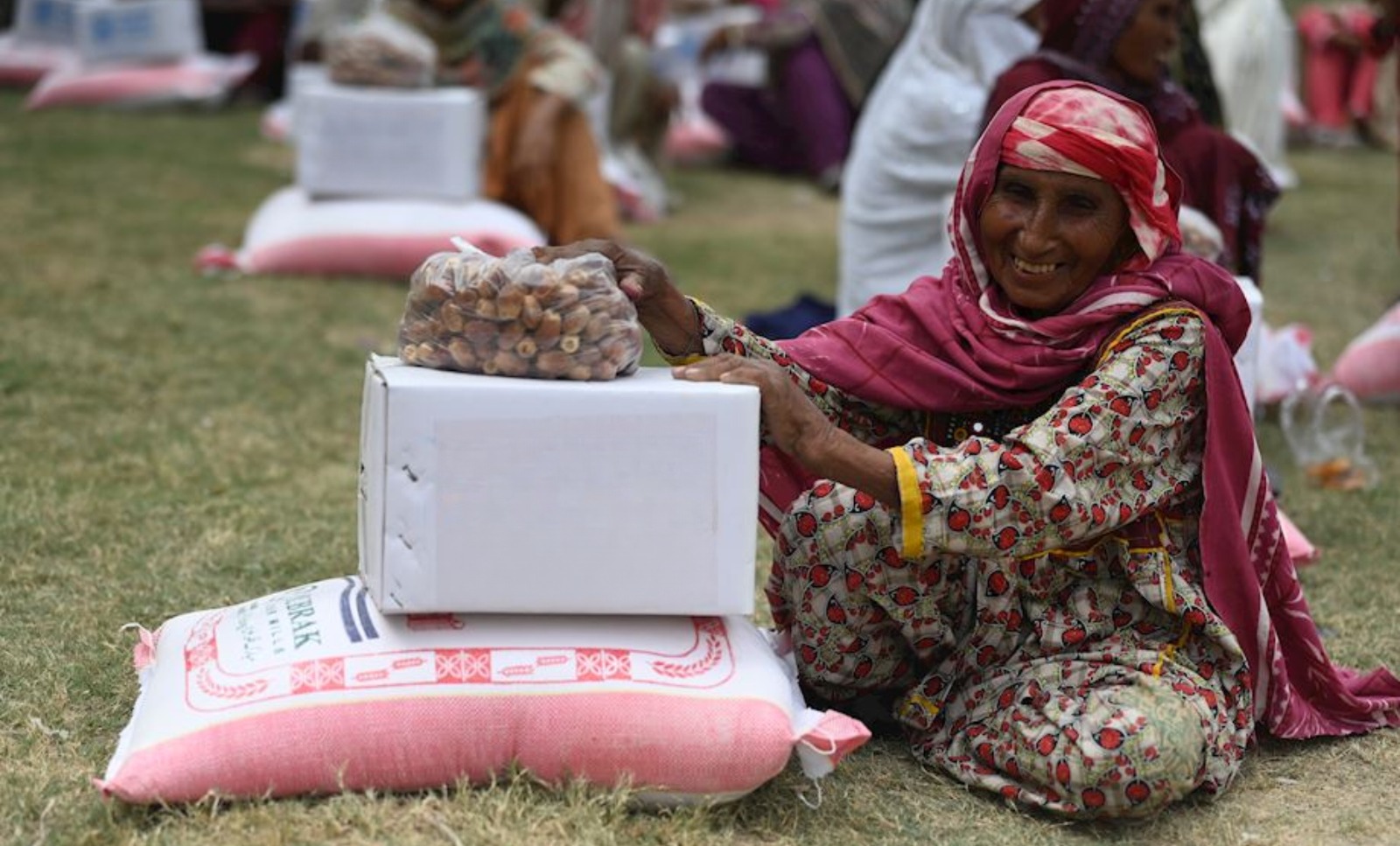As the holy month of Ramadan draws to a close, our hearts fill with a mix of sadness for its departure and excitement for the celebration of Eid al-Fitr. It’s a time of immense spiritual reward. Before we can begin our celebrations, however, there is one final, crucial duty every Muslim must perform: paying Fitrana (also known as Zakat al-Fitr).
Fitrana is a special, small charitable donation that purifies our fast and, most importantly, ensures that the poorest members of our community can also celebrate Eid with food and dignity.
But with Fitrana, there’s one rule that is more important than almost any other: the timing.
Unlike your annual Zakat, which you can pay at almost any time, Fitrana has a very specific and strict deadline. Understanding this Fitrana deadline is essential to ensure your obligation is accepted by Allah (SWT) as Fitrana.
So, when exactly do you need to pay? And what happens if you pay your Fitrana late? This simple guide will explain everything you need to know.
What is the Exact Fitrana Deadline?
The Fitrana deadline is clear and agreed upon by all Islamic scholars, based on the direct teachings of the Prophet Muhammad (peace be upon him).
The obligation must be paid before the Eid al-Fitr prayer begins.
The companion Ibn ‘Umar (may Allah be pleased with him) reported that the Prophet (ﷺ) “ordered that it (Zakat al-Fitr) be given before the people went out to the (Eid) prayer.” (Sahih al-Bukhari)
This is a very strict cut-off point. Once your local community gathers and the Imam begins the formal Eid prayer, the window for paying your Fitrana for that year has officially closed.
This is not a general guideline; it is a firm rule. This is one of the biggest differences between this payment and your annual Zakat. This strict deadline is one of the 3 key differences between Fitrana vs. Zakat. Zakat on your wealth is flexible, but Fitrana is all about this specific, pre-celebration timing.
Why is the Deadline So Strict?
To understand the deadline, we need to understand the purpose of Fitrana. The Prophet (ﷺ) explained that Fitrana has two main goals:
- To purify the fast of the person who fasted from any idle talk or minor mistakes made during the month.
- To provide food for the needy (Tu’mah lil-masakin), so they can participate in the celebration of Eid.
The second goal is the reason for the strict deadline.
The whole point is to get food and resources into the hands of poor families before the Eid celebrations start. Your Fitrana donation allows a mother and father to buy food, new clothes for their children, or some small sweets before the morning of Eid.
Because of your donation, they wake up on Eid day with food in their homes, ready to celebrate just like everyone else. They don’t have to spend Eid morning worrying about their next meal or asking for help while others are celebrating.
If the Fitrana was only given after the prayers, this entire, beautiful purpose would be lost. The day of celebration would already be underway, and those families would have been left out.
This is why paying on time allows us to buy food, just like our Ramadan food packs, for families before Eid morning. When you donate to a charity, you are giving them the time they need to collect your donation, buy the food, and distribute it to the right people before the deadline.
When is the Best Time to Pay Fitrana?
You know the final deadline is before the Eid prayer. But can you pay it earlier?
Yes, absolutely. In fact, it is highly recommended.
While you can technically pay it on the morning of Eid al-Fitr, right before you walk into the mosque, think about the logistics. How would that money get from your hand to a needy family in another country in just a few minutes? It’s impossible.
For this reason, most scholars and all major charities encourage Muslims to pay their Fitrana a few days in advance.
The best time to pay your Fitrana is during the last few days of Ramadan.
Paying on the 27th, 28th, or 29th of Ramadan gives charities like Children of Adam the crucial time needed to do their work. Your £5 donation joins thousands of others, allowing our teams on the ground to:
- Purchase tonnes of staple food (like rice, flour, and lentils) in bulk.
- Identify the poorest and most vulnerable families in communities.
- Package the food and deliver it to their homes.
All of this happens before the moon for Eid is even sighted. This ensures that when Eid morning arrives, no one is forgotten.
What Happens if I Pay Fitrana Late?
This is a very common and important question. What if you simply forgot? What if you got the timing wrong and you remembered after the Eid prayer was over?
The Prophet (ﷺ) gave a very clear answer to this.
Ibn ‘Abbas (may Allah be pleased with him) reported:
“Whoever pays it before the prayer, it is an accepted Zakat (al-Fitr). And whoever pays it after the prayer, it is only a regular charity (Sadaqah).”
(Sunan Abi Dawud)
This Hadith is the key.
If you pay your Fitrana late, after the Eid prayer is finished, your money is no longer counted as Fitrana.
It is still a good deed, of course. Allah (SWT) will reward you for giving charity. It will be accepted as a Sadaqah (a voluntary donation).
However, you will have missed your obligatory duty of Fitrana. The specific religious obligation for that year will not have been fulfilled. This is a very serious matter, which is why it’s so important to pay on time.
What if I Genuinely Forgot and Missed the Deadline?
If you genuinely forgot and only remembered after the prayer, you should repent to Allah (SWT) for the oversight and ask for His forgiveness.
You must still give the amount you owed. As explained above, it will not be counted as Fitrana, but it will be counted as a general Sadaqah. It is still vital that you give this money to the poor, as the intention was originally there.
You cannot “make up” a missed Fitrana payment in the same way you can make up a missed fast. The moment has passed. This is why it is so much better to be safe and pay early.
The Easiest Way to Never Be Late
In our busy lives, it’s easy to forget. Eid morning is a happy, chaotic rush of getting children ready and heading to the mosque.
The easiest and safest way to ensure you never miss the Fitrana deadline is to pay it online, a few days in advance.
When you pay your Fitrana to a trusted charity, you are fulfilling your side of the duty. You are appointing that charity as your agent to get your donation to the poor on your behalf, at the right time. It takes the stress and worry off your shoulders and ensures your obligation is met perfectly.
The most important rule: you must pay your Fitrana before the Eid prayer. Don’t wait until the last minute. Pay your £5 per person today, and give a family the gift of a happy, worry-free Eid.




